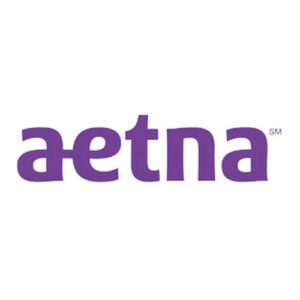WHAT IS THE HUMAN PAPILLOMAVIRUS or
HPV VACCINE?
The HPV vaccination protects you from certain types of HPV that might cause cancer or genital warts. Immunization against the virus may contribute to the reduction of cervical cancer cases globally.
WHAT DOES THE VACCINE DO?
There are various types of HPV that may be transmitted through sexual contact. The HPV vaccination has been authorized for use in BOTH GIRLS AND BOYS by the US Food and Drug Administration (FDA).
Giving the vaccination to children can help protect them against associated diseases later in life, including:
Cervical cancer in women
Vaginal and vulvar cancer in women
Genital warts in both men and women
Anal cancer in both men and women
Vaccinating boys against HPV can help reduce the risk of cervical cancer in their partners due to the decreased likelihood of virus transmission. The vaccination may also help protect against particular types of throat and mouth cancer, which HPV has also been associated to.
WHO SHOULD RECIEVE THE HPV VACCINE AND WHEN?
The U.S. FDA has authorized the use of HPV vaccination for males and females aged 9 to 45. IT IS RECOMMENDED THAT BOYS AND GIRLS AGED 11 OR 12 ARE GIVEN THE HPV VACCINATION. The immunization has a better effect at younger ages, but the main priority is to administer the vaccination before a person is exposed to HPV at any point in their life. The Centers for Disease Control and Prevention (CDC) now recommends the following vaccination schedule:
CHILDREN
Two doses of the HPV vaccination should be administered at least six months apart to children aged 9 to 14. If the second dose is missed, it can be given up to a year later. If the second dose is administered before the 6-month mark, a later third dose is then necessary.
The HPV vaccination can be administered in three doses to children aged 15 to 17. The second dose is given one month after the first dose, and the third dose is given three months after the tsecond dose. The treatment plan should be completed within 12 months of the initial dose. This schedule can be used as an alternative for children aged 9 to 14.
ADULTS
The vaccination should be administered in three doses, the second one month after the first and the third three months after the second. The schedule should be completed within a 12 month period.
These are the approved BNF doses for adults and children for according to the ‘September 2018-2019’ report.
WHO SHOULD NOT GET THE VACCINE?
The following people should not get the vaccine:
Pregnant women
Moderately or severely ill people
Those who have experienced a life-threatening allergic reaction to any HPV vaccine components at any time
If you have suffer from any serious allergies, or if you are allergic to latex or yeast, you should consult your doctor before receiving the vaccine.
HPV VACCINE RISKS AND SIDE EFFECTS
The majority of the vaccine’s side effects are minor, and may include discomfort in the arm where the vaccine was injected, edema, or redness at the vaccination site. Some people complain of pain in their extremities.
After the injection, some people experience dizziness or fainting. This risk can be minimized by remaining seated for 15 minutes after receiving the vaccine. You may also experience nausea, vomiting, headaches, fatigue, or weakness. Ongoing monitoring for severe or unusual side effects is in place with the CDC and the U.S. FDA.
To book your HPV vaccination and for any questions regarding its potential risks and side effects, use the form below.
REQUEST AN APPOINTMENT
A member of our team will reach out to you & quickly get you booked in for an appointment with the most relevant member of our team.
PARTNERING WITH LEADING
MEDICAL INSURANCE PROVIDERS
We work with leading medical insurance providers in the country, if you have any questions or queries just give us a call on 8008254268.














